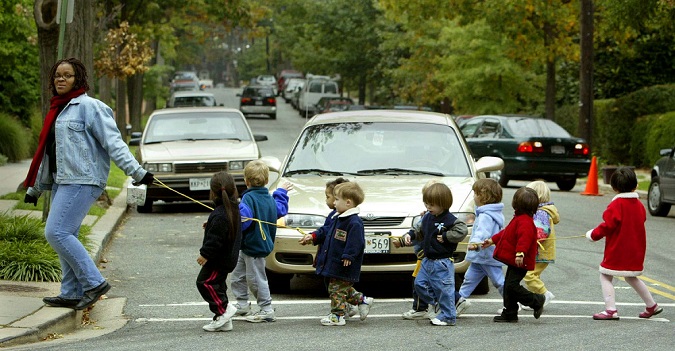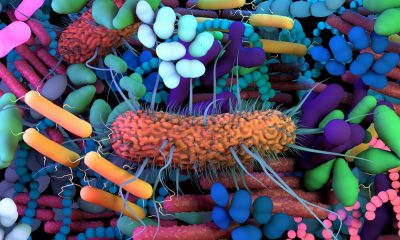Children who can play well with their peers at pre-school age will have better mental health later, a new study has found. This shows the potentially protective effects of peer play on mental health.
Playing with others is important to children as it has various benefits. For instance, it helps them improve their physical skills and hone their creativity, while also improving their communication, social and emotional skills.
“(Y)et its potential developmental functions in social development and emotional regulation are often overlooked when considering mental health,” wrote the researchers of the new study, published Tuesday in Child Psychiatry & Human Development.
For their work, the researchers looked at data collected from 1,676 children when they were three and seven years old. This included data on how well children played at three years, the University of Cambridge noted in a news release.
The researchers then calculated the strength of the relationship between children’s “peer play ability” – a child’s ability to ability to “engage with peers in a playful way” – at age three and symptoms of possible mental health problems at seven years.
“We hypothesize that peer play ability reduces the risk of poor mental health for both the general population and the high-risk subgroups,” the researchers wrote.
The team found that those who had better peer play ability at three years had fewer signs of poor mental health when they were seven years old. They had lower hyperactivity and emotional, conduct and peer problems – all of the four subscales of the “Strengths and Difficulties Questionnaire” researchers used to measure the children’s mental health outcomes.
Researchers also looked at more “high risk” sub-groups of children: those who had “high reactivity,” meaning they get easily upset, and those with “low persistence,” which pertains to children who “struggled to persevere” when faced with a challenging task. These are traits that have been linked to poorer mental health outcomes.
The effect was observed even in these high risk sub-groups. Specifically, children with better play ability at age three in the “low persistence” sub-group showed lower risks of hyperactivity, emotional and peer problems at seven years. Even in the high reactivity sub-group, better peer play ability at age three was linked to lower hyperactivity at seven. The weaker effect in the high reactivity group could be because the children in this group are more withdrawn and less likely to play with others, the university noted.
Overall, the study suggests that peer play ability can have protective effects on mental health problems, the researchers explained. As such, ensuring that kids have access to peer play may benefit their mental health later on.
“The standard offer at the moment is to put the parents on a parenting course,” said one of the study authors, Jenny Gibson of the University of Cambridge. “We could be focusing much more on giving children better opportunities to meet and play with their peers.”
“What matters is the quality, rather than the quantity, of peer play,” study first author Vicky Yiran Zhao added. “Games with peers that encourage children to collaborate, for example, or activities that promote sharing, will have positive knock-on benefits.”
















